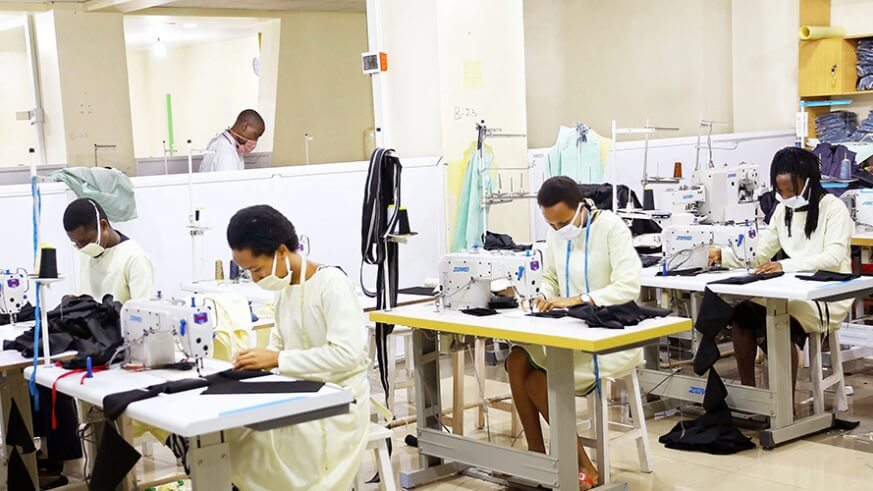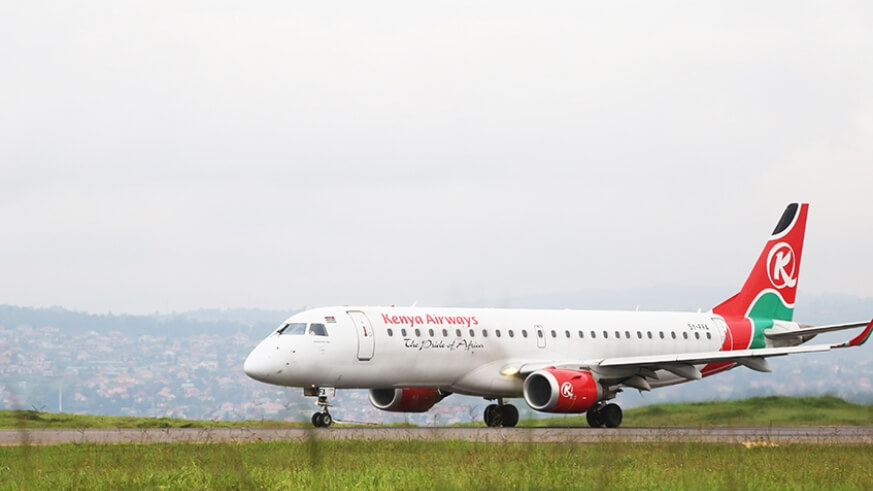Summary The EAC regional Electronic Cargo and Driver Tracking system, will enable authorities to share test results of the drivers and crew. Kenya Transporters Association executive officer Dennis Ombok said they have not been trained on the usage of the system and he only learnt of the implementation last week during stakeholder virtual meeting. East African countries have moved to ease movement of goods with the roll-out of a system that will allow them to share Covid-19 test results of truck drivers electronically. The reliance of hard to verify manual certificates has been blamed for costly long delays at the different border points that sometimes last for weeks. The EAC regional Electronic Cargo and Driver Tracking system, however, will enable authorities to share test results of the drivers and crew facilitating easy information exchange along the transport corridor. This means no transit cargo will leave the port of Mombasa or any Kenya Ports Authority (KPA) facility without a driver being aligned with the truck and the cargo in the system. According to a notice by the EAC secretariat to relevant ministries of the member countries, all drivers must upload their Covid-19 certificates to the new system before cargo is armed with tracking gadgets, a directive which has already been opposed by transporters faulting the short implementation notice. MINISTERIAL MEETING “Following a joint ministerial meeting responsible for Health, Trade and EAC held by video Conference on March 25 and in line with the directive of the Sectoral Council on Trade, Industry,...
EAC rolls out electronic Covid-19 certificates to ease transportation
Posted on: July 24, 2020
Posted on: July 24, 2020
























